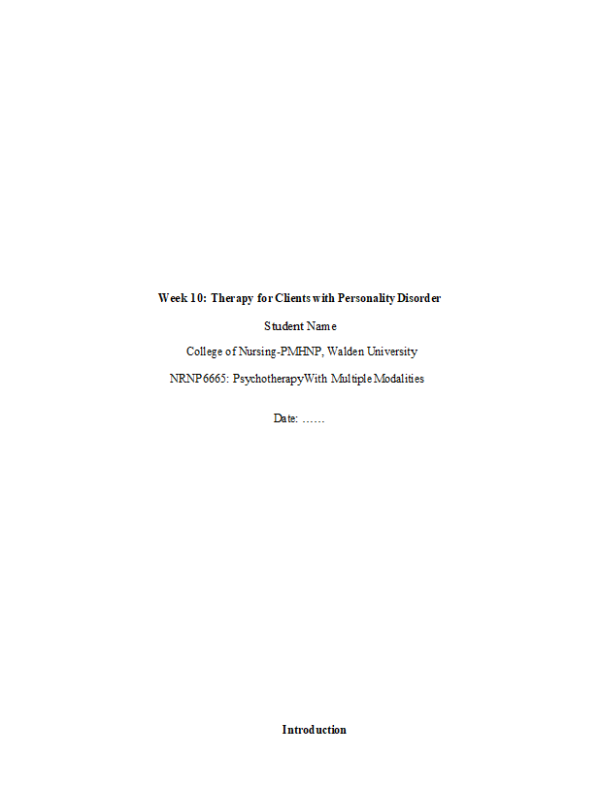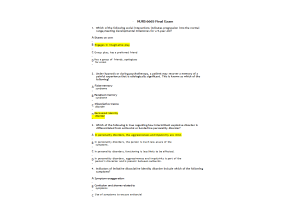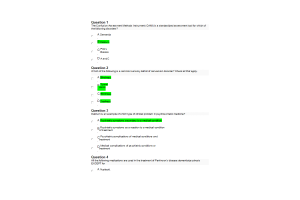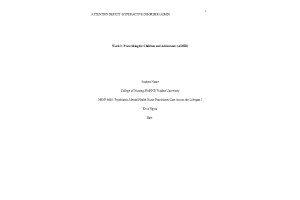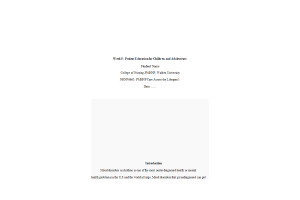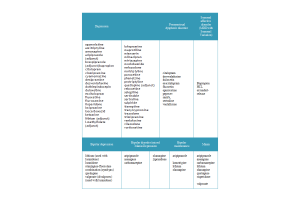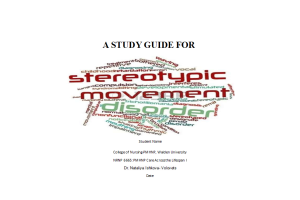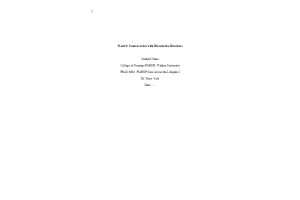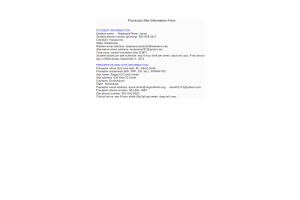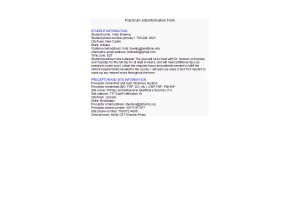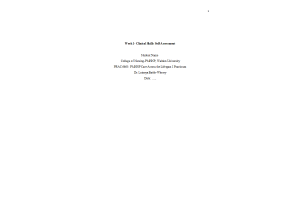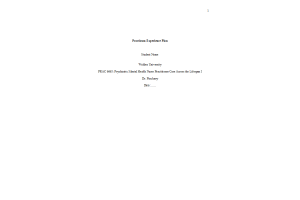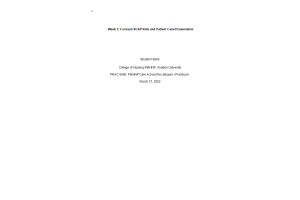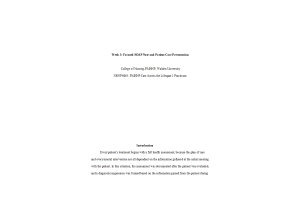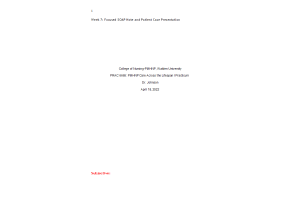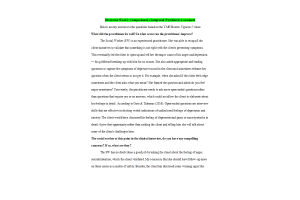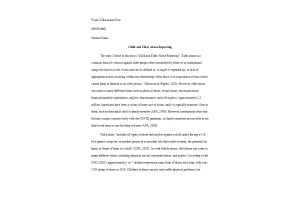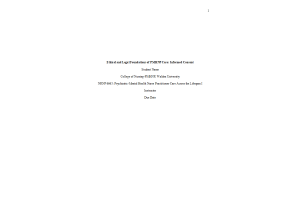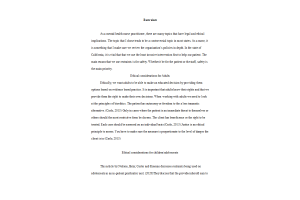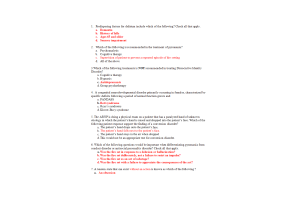PRAC 6665 Week 10 Assignment 2; Final Clinical Evaluation and Student Feedback
- $15.00
Week 10: Therapy for Clients with Personality Disorder Student Name College of Nursing-PMHNP, Walden University NRNP 6665: Psychotherapy With Multiple Modalities Date: …… Introduction A personality disorder is a type of mental disorder in which you have a rigid and unhealthy pattern of thinking, functioning and behaving. A person with a personality disorder has trouble perceiving and relating to situations and people. This has serious consequences in terms of relationships, social interactions, employment, and education. You do not know you have a personality disorder because your way of thinking and acting seems normal to you. You may even blame others for your difficulties. Personality disorders typically start in adolescence or early adulthood. Personality disorders come in a variety of forms. During middle age, certain styles can become less noticeable. Personality refers to the special mixture of feelings, emotions, and behaviors that characterizes you. It's how you see the universe, appreciate it, and react to it, as well as how you see yourself. During infancy, your personality develops as a result between the interaction of your genes and your surroundings. The best treatment for you is determined by the nature of your personality disorder, its seriousness, and your current circumstances. To ensure that all of your psychiatric, medical, and social needs are addressed, a team approach is often required. Treatment for personality disorders can take months or years due to their long-term nature. If your symptoms are mild and well- controlled, you may only need medication from your primary care physician, a psychiatrist, or another therapist. Find a mental health provider who has experience treating personality disorders if at all possible. This assignment will throw light on understanding Borderline Personality Disorder, establishing a therapeutic relationship and treatment modalities for a client with Borderline Personality Disorder. Borderline Personality Disorder and DSM-5 Diagnostic Criteria. Borderline Personality Disorder is a severe mental health condition with no clear cause. Individuals with Borderline Personality Disorder include persistent mood swings, self-image issues, impulsive behavior, and difficulty relating to others, including animals (Sadock, et al., 2015). According to the DSM-5, the patient must have experienced these symptoms for at least 6 months: disabling episodes of rage, depression, and anxiety that last for hours or days, difficulties controlling anger, trouble trusting, unreasonable fear of other people's motives, feelings of dissociation, and feelings of emptiness; extreme episodes of anger, ......... Continue
